Need some quick cash? You may be considering a payday loan. After all, they may seem straightforward – it’s just an advance on your next paycheque, right?
But as you’ll see, this is the most expensive type of loan you can get, and should be avoided at all costs.
Here’s the lowdown on payday loans in Canada.
Never miss an amazing deal again + get our bonus 250+ page eBook for FREE. Join 50,000 other Canadians who receive our weekly newsletter – learn more.
What is a payday loan?
A payday loan is a short term and instant loan you can get from a lender, which you pay back with your next paycheque.
While it seems like a simple loan to get, there’s a huge price to pay with them.
What is the typical interest rate of a payday loan?
The typical payday loan interest rate you’ll pay varies by province. The typical maximum range varies from $15 to $25 per $100 borrowed.
In most provinces, you have to pay back your loan on your next paycheque. Assuming you get paid bi-weekly, you get 14 days to pay back your loan.
In a few provinces, you have up to 62 days to pay it back. These are:
- Alberta,
- British Columbia,
- Manitoba,
- New Brunswick, and
- Ontario.
Assuming you only have 14 days to pay back your loan, and using a lower number of $17 per $100 borrowed, you’re looking at an annual interest rate of 442%.
That’s an astounding interest rate to pay for a short term loan.
What happens if you don’t pay it back in time
Can’t pay it back in time? Your loan will likely get even more expensive, thanks to extra penalties and raised interest rates.
Not to mention you may have collection agencies looking for you, and that will cause your credit score to plummet.
In short, you don’t even want to contemplate not paying it back in time.
How do payday loans work?
So, how can you go about getting a payday loan if you want one?
First, you’ll need to find a lender who provides a payday loan. A simple Google search will probably be enough.
There are easy online payday loan options you can take a look at, and of course there are places with physical locations if you prefer the human touch.
What you need to get a payday loan
There are several things you’ll need to provide in order to get a payday loan.
These are:
- proof of regular income,
- bank account information, and
- a permanent address.
You’ll most likely also need to provide your social insurance number (SIN) as part of getting your credit checked.
Once you’ve applied and set up how the lender will be repaid, you’ll get your money either deposited into your bank account or given to you as cash.
Be sure to read your agreement in detail before agreeing to anything. Know exactly what your payment terms are, how you’ll be paying the lender back, and what happens in case you don’t make your payment.
You should also make it a priority to plan exactly how you’ll get the money back to them on time, with as little room for error as possible.
How much do payday loans cost?
So what exactly do payday loans cost?
Here’s an example of a $5,000 loan that’s being borrowed for 1 month, comparing payday loans to a few different types of credit you could get.
| Loan | Example interest rate | Interest Paid In One Month | Total cost on $5,000 loan for 1 month |
|---|---|---|---|
| Payday loan | 443% | $1,845.83 | $6,845.83 |
| Personal loan | 8% | $33.33 | $5,033.33 |
| Line of credit | 5% | $20.83 | $5,020.83 |
| Low interest credit card | 9% | $37.50 | $5,037.50 |
| Standard credit card | 20% | $83.33 | $5,083.33 |
Here’s how the total cost looks when compared side by side:
Yikes. In one month, you’ve paid almost $1,900 in interest with a payday loan. It completely eclipses the other credit options.
Even the standard credit card looks terrific in comparison. We always say pay your balance in full to avoid credit card interest. And on a $5,000 balance, that’s $83 in interest charges – which pales in comparison to a payday loan.
And if our warnings aren’t enough, check out the Government of Canada’s payday loans page dedicated to similar warnings.
Alternatives to payday loans
So what are some of your options instead of payday loans?
Here are a few things you can think about.
Low interest credit cards
First, a low interest credit card can be an easy way to get a lower interest rate for things you need to purchase on a day to day basis (groceries are an example).
Plus, if you only need the money for a couple of weeks, you won’t pay any interest at all – as long as you pay it off by the end of the month.
Here is one of the best low interest credit cards you can get.
To get the lowest permanent interest rates with a credit card, the
You’ll get a low rate of 10.99% on both purchases and balance transfers. Sadly, the cash advance rate is still a high 24.99%.
And this card has a low annual fee of $39 and no income requirements.
Want to get the full details on how credit card interest works in Canada?Here’s our full guide.
Personal loans and lines of credit
If you need a larger lump sum of cash, personal loans and lines of credit can be a big help.
With a personal loan, you’ll get a lump sum of cash you can do whatever you like with.
Or with a line of credit, you can access as much or as little of your credit line as you want, and you only owe however much you take out.
One option to getting a personal loan is with LoanConnect. They’ll compare loans from different lenders and find the best option for you.
LoanConnect
Curious what a line of credit is and how it worksHere are the details.
Payday loans should be avoided
As seen in our comparison, a payday loan should be avoided unless you really have no other options.
Do you have any experiences with payday loans?
Let us know in the comments below.
FAQ
What is a payday loan?
A payday loan is a short term loan you can get when you need money fast. In exchange, you sign over a portion of your next paycheque to the lender as repayment. These types of loans often have absurdly high interest rates and fees, so are best to be avoided.
What do you need to get a payday loan?
To get a payday loan, you need to provide a few things:
- proof of regular income,
- bank account information,
- permanent address, and
- social insurance number.
What happens if you don’t pay it back in time?
If you don’t pay your payday loan back on time, there may be interest penalties and/or additional charges, plus collection agencies may also come looking for you.
What is the typical interest rate of a payday loan?
This depends on the province, but on average the annual interest rate of a payday loan is 442%.
What are some alternatives to payday loans?
There are quite a few alternatives to payday loans. They include:
- low interest credit cards,
- personal loans, and
- lines of credit.
creditcardGenius is the only tool that compares 126+ features of 228 Canadian credit cards using math-based ratings and rankings that respond to your needs, instantly. Take our quiz and see which of Canada's 228 cards is for you.




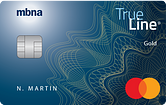

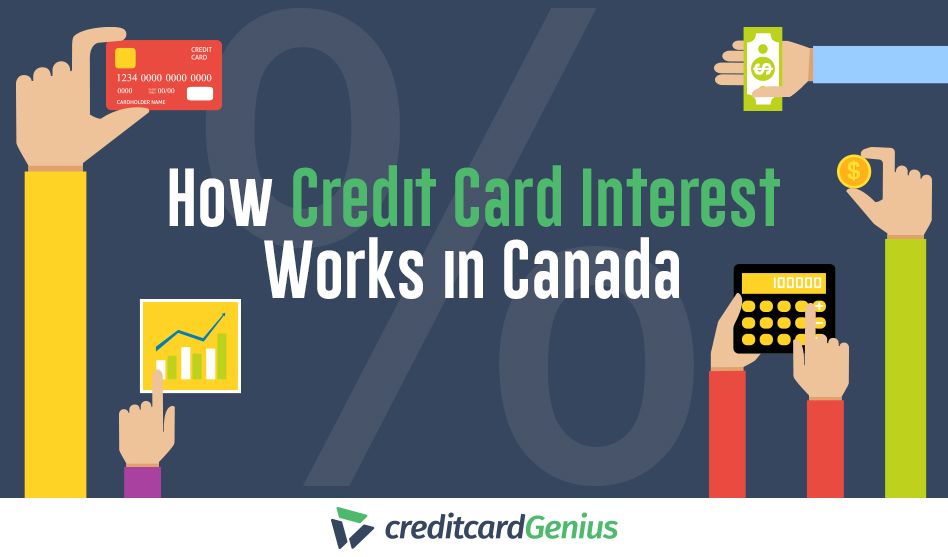



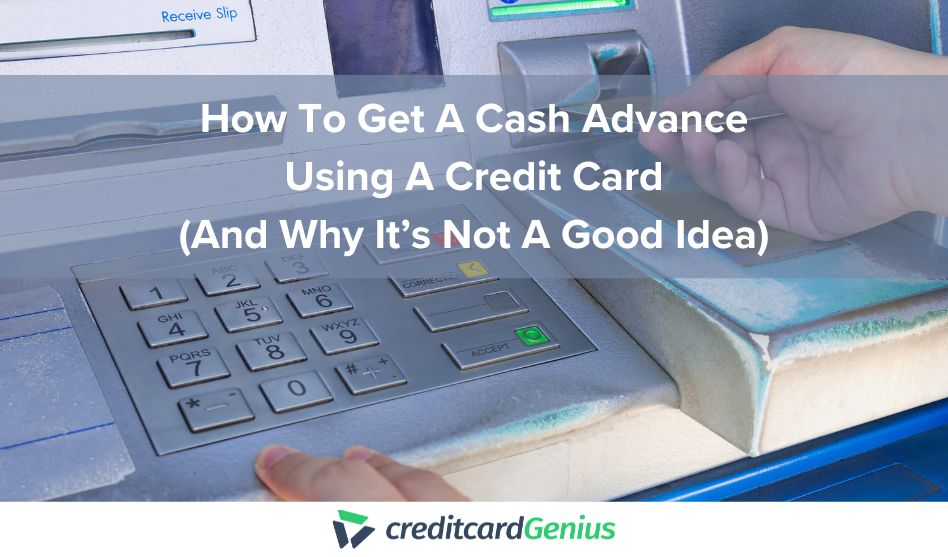
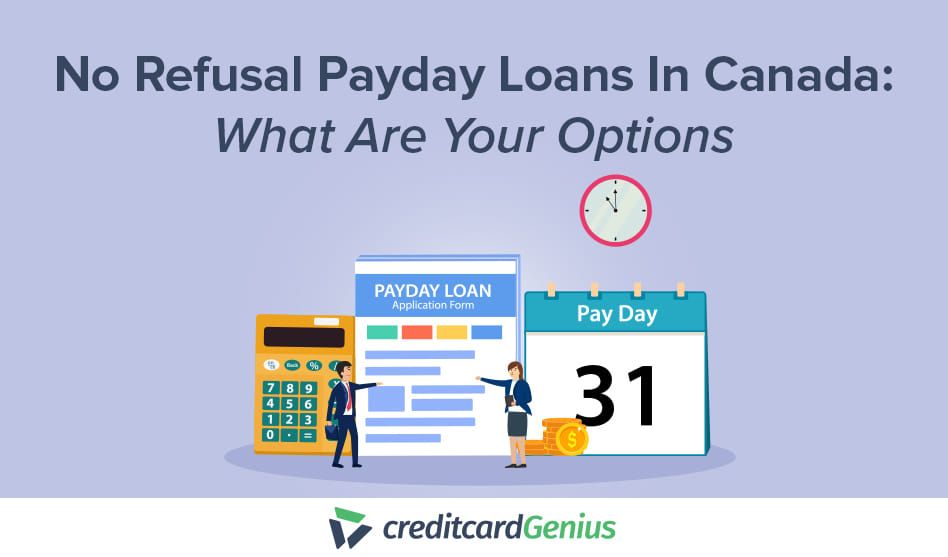
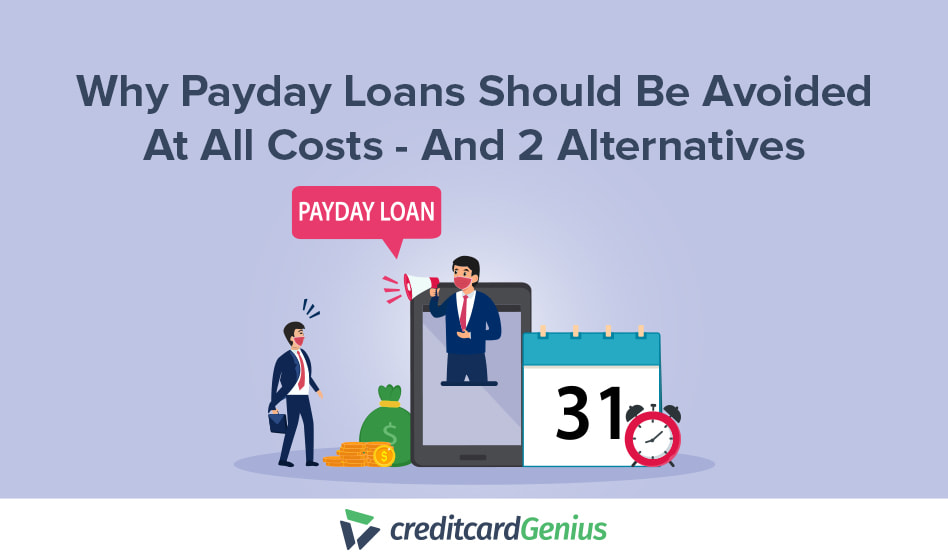



 GC:
GC: 









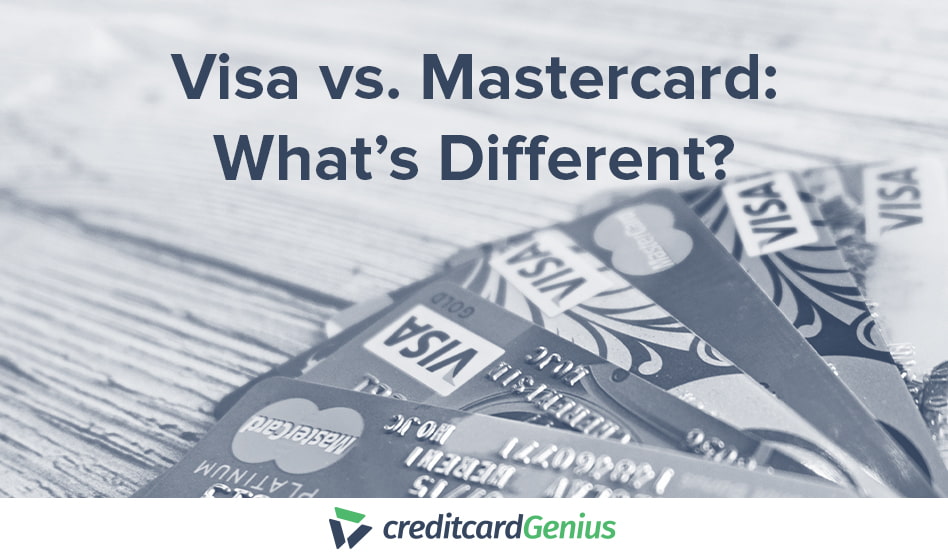























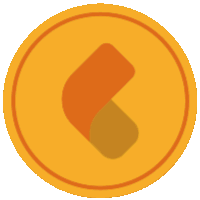
Comments
Leave a comment
Required fields are marked with *. Your email address will not be published.
Showing 1 comments